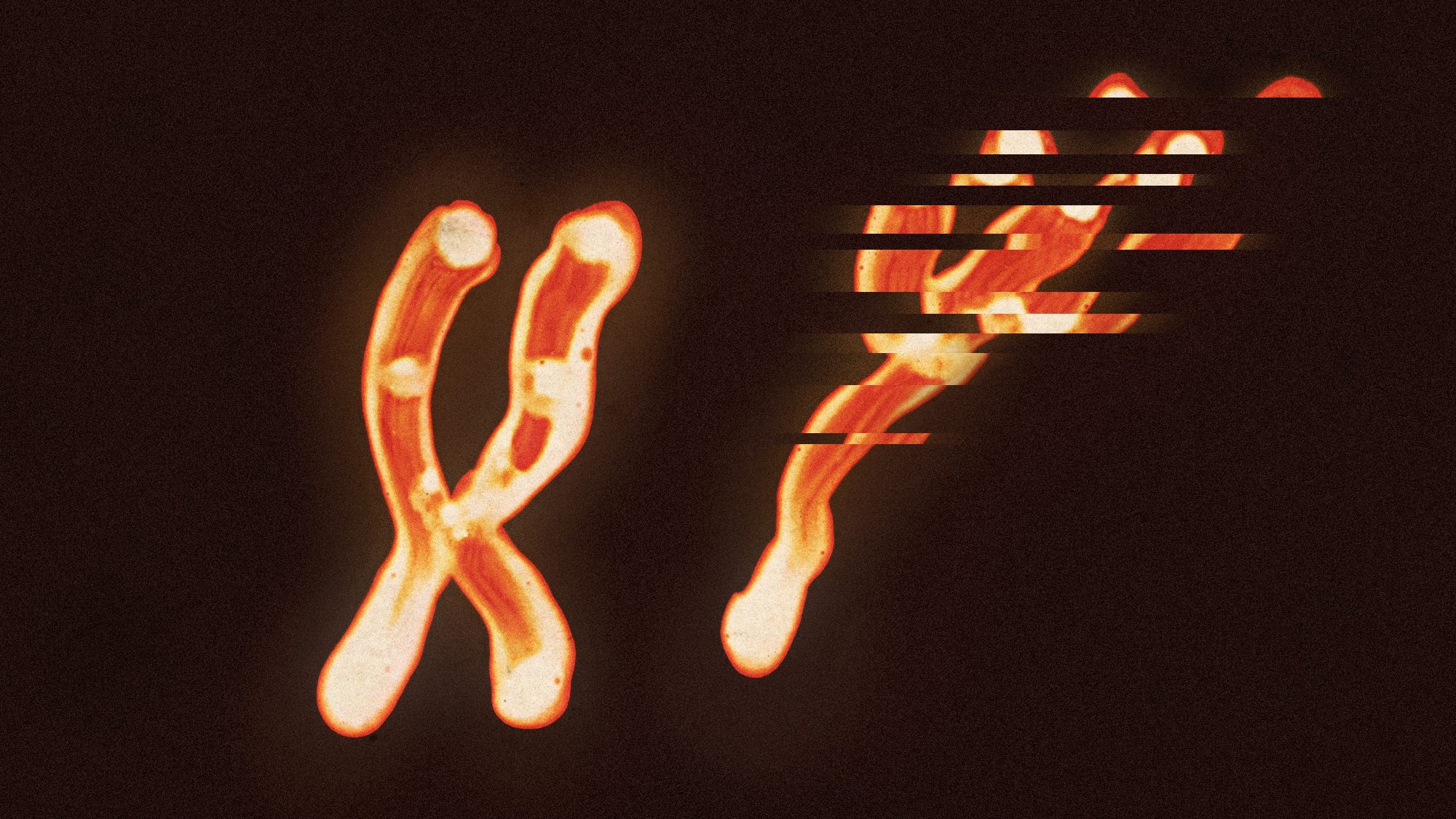Is Your Y Chromosome Aging You? How Degradation Impacts Men's Health

For decades, scientists have known that the Y chromosome – the defining genetic marker of maleness – is significantly smaller than its female counterpart, the X chromosome. Containing far fewer genes, it's often considered the underdog of the genetic world. However, a growing body of research reveals a concerning trend: the Y chromosome isn't just smaller, it's actually degrading over time, and this degradation may be directly linked to age-related health issues in men.
The Shrinking Chromosome: A Timeline of Loss
The Y chromosome's journey through evolutionary history has been marked by loss. Over millions of years, it has shed genes, shrinking from a more substantial size to its current state, which is roughly one-third the size of the X chromosome. While this process is natural, recent findings suggest that the loss doesn't stop at evolution. As men age, cells can lose segments of the Y chromosome, a phenomenon known as “Y chromosome loss” or YCL. Studies have shown that this loss becomes increasingly prevalent with age, affecting a significant proportion of men in their 60s and beyond.
The Link to Age-Related Diseases
The crucial question is: what are the consequences of this Y chromosome degradation? Emerging evidence points to a strong correlation between YCL and a range of age-related diseases. Researchers have observed a higher incidence of YCL in men with cardiovascular disease, prostate cancer, Alzheimer’s disease, and even certain types of leukemia. The exact mechanisms behind this link are still being investigated, but several theories are gaining traction.
How Does YCL Impact Health? Potential Mechanisms
- Loss of Essential Genes: While the Y chromosome may contain fewer genes than the X, those it *does* possess are vital for male development and reproductive function. Loss of these genes could disrupt crucial cellular processes.
- Genomic Instability: YCL can create genomic instability, making cells more vulnerable to mutations and potentially contributing to cancer development.
- Immune System Dysfunction: Some research suggests that YCL may impair the immune system's ability to effectively fight off diseases.
- Stem Cell Decline: YCL has been linked to a decline in the function of stem cells, which are crucial for tissue repair and regeneration.
What Can Be Done?
While the prospect of a degrading Y chromosome might seem alarming, it’s important to remember that research is ongoing. Understanding the underlying mechanisms of YCL is the first step towards developing strategies to mitigate its effects. Currently, there are no specific interventions to prevent YCL directly. However, adopting a healthy lifestyle – including regular exercise, a balanced diet, and stress management – can support overall health and potentially slow down age-related cellular decline. Further research into targeted therapies that protect the Y chromosome or compensate for its loss is a promising area of investigation.
“The idea is that as men grow older, they lose this chromosome from many of their cells, which drives age-related disease,” explains New Scientist. While more research is needed, the emerging evidence highlights the importance of understanding the role of the Y chromosome in male health and longevity.






